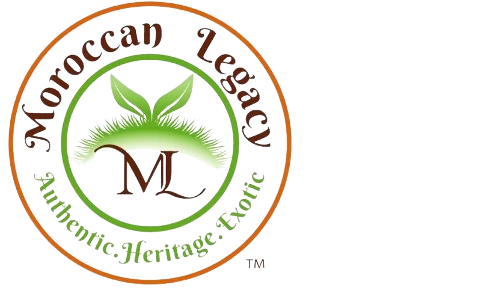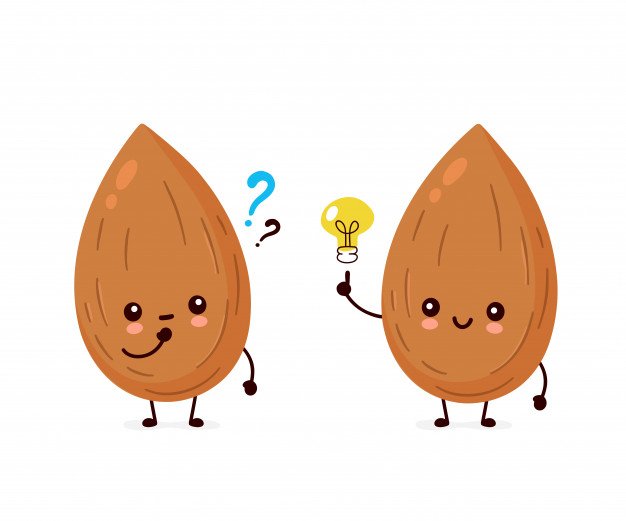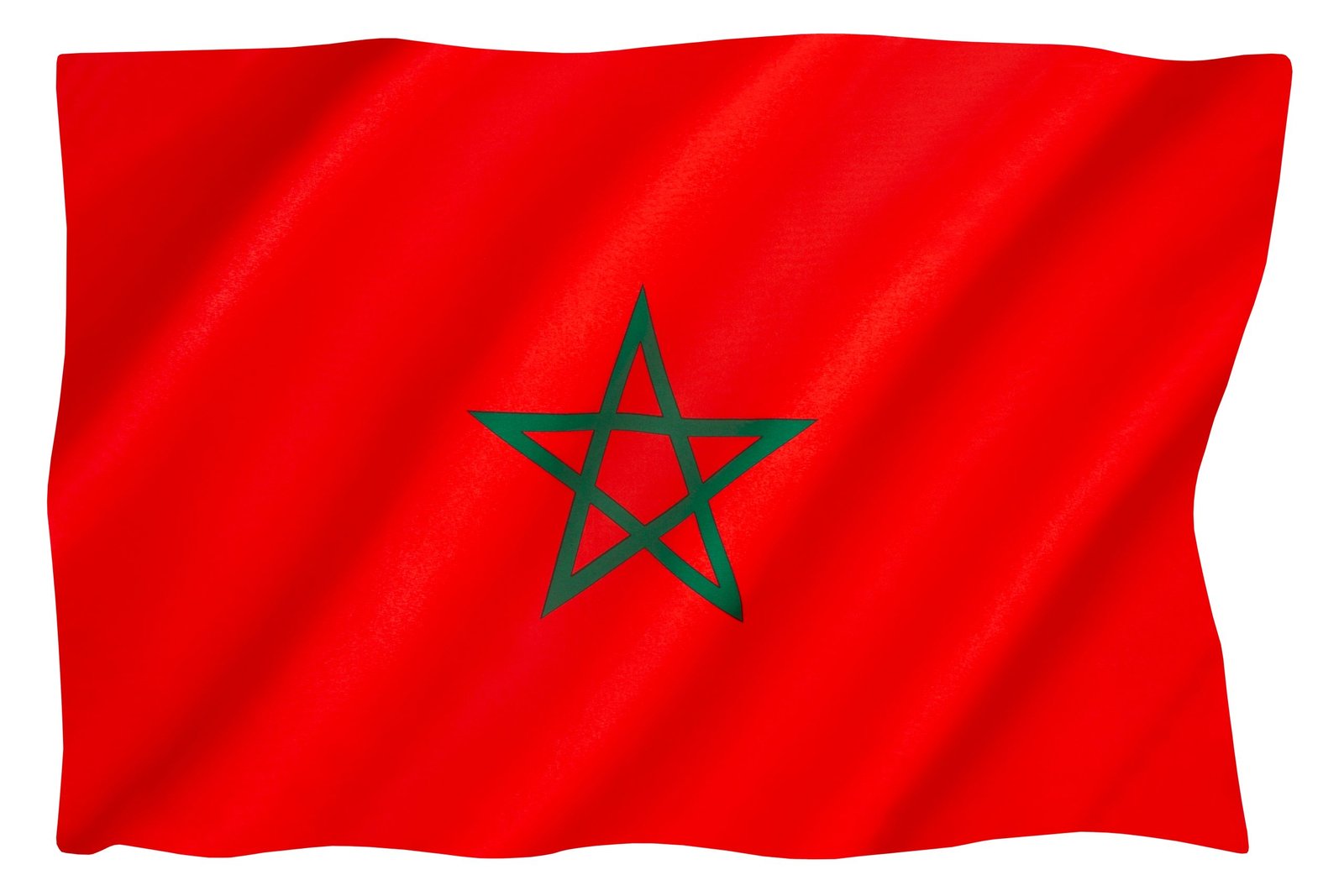Visiting Morocco: 12 questions Before Visiting Morocco.
It is essential to have critical questions answered before visiting Morocco.
1. What trips do travel agencies in Morocco arrange for tourists?
Travel agencies organize private and personalized tours for tourists from around the globe. They hold each trip on an individualized level and as a group. This accommodates and fits travelers’ dates, places to visit, and traveling plans. The agencies focus on tourists’ needs and the experiences they want to experience while maintaining their independence as much as possible.
Some helpful tips:
⦁ Create a plan ahead of time before traveling.
⦁ Know the dates and places you plan to visit.
⦁ Look for a travel agency that will meet your traveling needs.
2. What transport do tourist agencies use for touring?
Most tourist agencies have brand-new minivans that hold up to five adult tourists. They also have minibusses that can be used for up to 17 tourists.
Landcruisers and 4x4s are typically used for outings in remote areas such as the countryside and mountainous regions.
3. Are the drivers of the tour transport trained to be tour guides as well?
Some agencies have the drivers as the tour guides, while others designate a trained tour guide specializing in touring only.
The tour guides must possess touring skills and have some knowledge of the background of particular languages. These languages include English, Spanish, and French. The tour guides must demonstrate communication skills to answer questions and concerns. They also need to be able to explain the touring plans while exploring the tourist areas, such as pristine beaches, charming ruins, enchanting palaces, bustling medinas, and picturesque streets.
All tour guides must have approval and certification from the government of Morocco before practicing.
All tour guides must have approval and certification from the government of Morocco before practicing.
4. What is the best season to visit Morocco?
There is no best or worst season to visit Morocco because it depends on the person and what they want to experience.
Here is what the weather looks like depending on the season and the region:
Springtime is from March to May, and fall is from September to October. The weather in these two seasons is reasonably warm and delightful. So, if the heat bothers you, these two seasons might be the best time to travel to Morocco.
Between May and October, summertime can be sweltering in some areas, and the weather stays warm in the southern regions all year long, especially down south in the Sahara regions. However, if the heat doesn’t concern you, you can visit the country, especially the southern regions.
Mountain regions can be frigid during winter. For example, the High Atlas Mountains are known to have cold temperature levels and snow in the winter season. Yet, if you are a person who loves mountains, and if cold weather doesn’t bother you, these mountainous regions may give you the experience you are looking for. Just don’t forget to wear winter clothing.
5. What is the weather like in Morocco?
Moroccan weather can be characterized as a primarily Mediterranean climate along the shores.: The rainy season starts from October to April. Some of the year’s hottest months are June, July, August, and sometimes September.
In the northern part of Morocco:
The weather is moderate and damp during the winter seasons.
The weather is warm, scorching, and dry during the summer seasons.
In the shoreline regions:
The Mediterranean climate in the North and the Atlantic Ocean along Morocco’s Western tempered the weather.
The average temperature range is ten °C in winter (December-March) and 26°C during summer from June-September.
In the southern part of Morocco:
The weather remains warm and hot throughout the year.
The rain is very scarce, not reaching three hundred millimeters per year. The rainfall is deficient in southern regions compared to the northern areas.
The southern (Sahara) part of Morocco:
The weather is mostly hot throughout the year.
The region often experiences blowing sand due to strong winds from the Sahara.
In the region of Fez (inland to the northern area):
The climate can be hot in summer, and it can get over 40°C.
The temperature can drop to 6°C – 8°C in winter.
In the southern region (interior lowlands):
The average winter temperature is 20°C during winter,
The summertime temperature can reach up to 40°C.
6. Is buying a travel insurance package when visiting Morocco advisable?
For peace of mind, the short answer is YES. It is imperative to obtain dependable travel insurance wherever you travel. It is advisable to have a complete package if you can afford it.
You may even consider getting annual insurance coverage, especially if you travel more than three to four times yearly, as it will be cheaper. The insurance coverage should include trip cancellation and medical insurance for any emergency while traveling.
Before buying your travel insurance, these are some best practices for peace of mind:
It is best to contact your traveling insurance to plan your trip proactively and ask all your questions.
Even though you have some traveling insurance through your bank, you may not be covered entirely. Therefore, checking with your bank for verification and peace of mind is always helpful. Also, check what is already covered by your home insurance policy besides your bank insurance.
A complete package does not always mean everything is covered, especially medical expenses. Thus, you need to know and list the coverage you need before you shop around online for an insurance package, and you may even try to complete site comparisons regarding which insurance fits your travel needs.
Watch for age limits insurance coverage. Some insurance companies exclude medical coverage for anyone aged over 65.
Don’t forget to ask about accidental insurance, especially if you are involved in adventurous activities, such as “risk activities, which may include horse riding, scuba diving, jet-skiing, or mountain climbing.
Don’t forget to ask questions about these regarding your coverage:
⦁ Accident.
⦁ Medical.
⦁ Trip Cancellation.
⦁ Trip Interruption.
⦁ Travel & baggage delay.
⦁ Pre-Existing Conditions.
7. Where can I find a well-explained map of Morocco to help with my traveling?
While it is always best to connect with your travel agency, there is so much information and resources online that you can conveniently check out. Travel agencies will always have the most current and advisable sites and places to visit in Morocco. They have travel packages, and in them, they include some of the most recommended sites in the country.
8. Is Morocco a safe country to take a trip to?
It is never wrong to research to make an unbiased decision before making a travel plan. However, Morocco is undoubtedly a safe country to visit, is one of the safest, and is among the most politically stable countries.
Moroccans fully support the king, Mohamed VI, and his country’s leadership. Thus, Morocco is exceptionally stable and has been a great example and role model for unity to many countries globally.
There are some criminal acts in Morocco, like in any other country. However, they do not necessarily target tourists. Tourists are well respected in Morocco, and you will observe when visiting Morocco that police personnel are everywhere. This is to maintain public order and safety for everyone, including tourists.
9. Do I require a visa to travel to Morocco?
Citizens from certain countries are not required to have a visa to go to Morocco. These include Canadian, American, New Zealand, Australian, or European passport holders. You can check the Moroccan consulate website for the most updated information.
10. How about tipping, am I expected to tip in Morocco?
Morocco is not a tipping country by culture. Yet, it has become so lately because of the influence it has from Western society, and it is becoming part of a routine and expected practice. Most Moroccan employees are not paid as much and are on meager wages. Therefore, tipping is always appreciated, but it does not mean you must do so. While there is no predetermined percentage, you are needed to tip. It is really up to the individual and the kind of service received.
11. How about driving in Morocco?
Deciding to lease a car to drive in Morocco is an arrangement you should make before traveling. Yes, renting a vehicle maintains your independence. Yet, it comes with some conditions you need to be aware of besides driving according to the weather conditions.
Here is what you need to plan and be aware of:
⦁ The cost of the car lease.
⦁ The price of gas, the length of your stay, and the places you want to visit.
⦁ Be mindful of driving rules, even if they are primarily like international driving rules.
These are some tips when driving:
⦁ Stay focused on the road, and don’t get distracted.
⦁ Avoid driving if you are feeling exhausted.
⦁ Refrain from using phones and food/beverages while driving.
⦁ Some vehicles’ brake lights do not function well or not at all.
⦁ Pay attention to speed limits and other road guidelines.
⦁ Minimize unneeded lane changes and make sure you signal early.
⦁ It will be wise to practice proactive driving/defensive driving at all times.
⦁ Keep a three-second space between you and the driver you are following.
⦁ Make sure you dedicate enough time to get to your destination and not be in a rush.
⦁ Be aware that some pedestrians may cross the road randomly outside the crosswalk.
⦁ Be vigilant because some drivers and cyclists do not respect driving rules.
Follow these tips when traveling to Morocco:
- Renting a car gives a sense of freedom and will allow you to have a fabulous time traveling throughout the country at your own pace.
- While it is safe to travel throughout Morocco, it is always best to travel with a tour guide to facilitate your traveling journey.
- The roads in Morocco have improved significantly in recent years. Morocco has one of the most advanced road systems in Africa. For example, a highway connects the country’s north to the southern region, from Tangier city to Agadir city in the south.
Things to Keep in mind:
Cultural sensitivity is vital wherever you go globally. Thus, being photographed in Morocco without permission is offensive and disrespectful. It is not an action and a practice tolerated and appreciated by both genders. Therefore, the best approach is to ask and get their permission to ensure mutual respect and understanding.
Morocco is one of the safest countries globally. Yet, avoiding going to places without inadequate light or walking in back alleys is always wise. For peace of mind, try to do most outings during the day and evening.
When you go to local markets, “Souks,” you may feel overwhelmed by many vendors trying to sell you their products. If you don’t want to buy or are not interested in what vendors are selling, nobody will force you to purchase anything and don’t feel obligated or bad about it.
Here are some great tips that will help you have the best shopping experience:
- Stay respectful, and be firm and consistent.
- Offer some comments, such as saying, “Sorry, I am not interested; I am just looking.”
- The worst is to keep silent and not say anything. This is because some vendors may perceive this as disrespectful.
- If you suspect a product’s price is overpriced, negotiate the deal respectfully and do not get into an argument.
- Try to lower the cost as much as possible because some vendors overcharge tourists for no reason.
- The prices are not fixed in Souks like in official government artisan shops.
- A tour guide personal is always helpful to have beside you while shopping. They will help you hugely to make an informed decision before buying.
- Like any other place globally, Morocco does have its share of petty purse snatching, pickpocketing, and phone grabbing. This is to be mindful and not to frighten you. Don’t travel fearfully — travel carefully.
When visiting crowded places such as significant events with many people, such as Souks, you will need to:
- Exercise adequate discretion and be watchful for your personal belongings. Also, stay vigilant while in crowds and busy Souks.
- Leave your belongings and valuables in your hotel room if possible and at your discretion, especially if the hotel has a safe box.
- It is always good to consider getting theft insurance for your expensive belongings if your valuables happen to be lost or stolen.
- Wear a money belt on your outings because it is small and zippered secured, and never keep your belongings, such as your wallet and phone, in the back pocket!
- Use your mental checklist often, and always look behind you before leaving or staying.
- Never leave your valuable items in the open where they can easily be reached or snatched, especially in crowded spaces.
- Pay attention to your valuables, especially your wallet and your phone. You need to consider the monetary value of your phone and its personal information.
12. What do you do when you are lost?
Sometimes, getting lost is part of the traveling experience. If you are lost, don’t panic because there are a few things to consider. If you are uncomfortable asking just anyone in public, try to remember the name of the hotel you stayed in or a restaurant you dined in. You can also request a shop owner or a police person because they are everywhere.
Role of Thumb!
Traveling to a foreign country can be an exhilarating experience, but it can also be daunting. However, if you plan to visit Morocco, you don’t have to worry about feeling out of place or uncomfortable. Moroccans are known for their hospitality and friendliness towards tourists. They are always willing to help and make visitors feel at home.
While visiting Morocco, you might encounter challenges different from what you’re used to. For example, the language, culture, and customs might differ from what you’re familiar with. However, this shouldn’t discourage you from exploring and enjoying everything Morocco offers. Instead, embrace the differences and be open to new experiences.
It’s essential to maintain a positive attitude while traveling in Morocco. This will help you overcome any challenges you might encounter and make the most of your trip. Remember, the people of Morocco are welcoming and accommodating, so don’t hesitate to ask for help if you need it. With a positive mindset, you will have a memorable and enjoyable adventure in Morocco.



